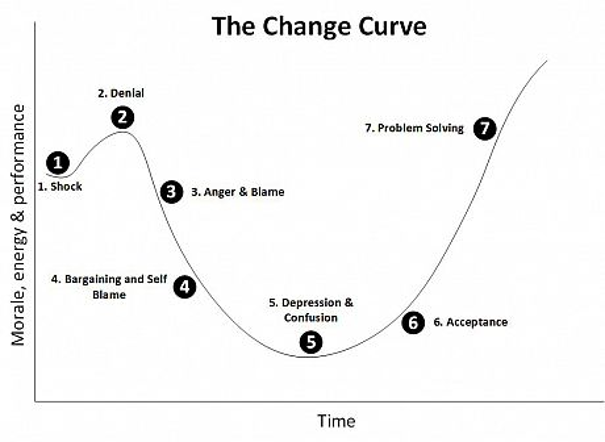Hopes of earning ‘big bucks’, gaining experience and living the adult life for a year, it all landed like a lead balloon. Thanks, Covid-19, just one of the many things we can blame you for.
How it begins
We all have great aspirations for placement year. The beginning of second year starts with a reality check. Everyone leaves the first lecture with three main messages; get a move on with searching, creating a CV and a dreaded LinkedIn profile. This usually goes one of two ways, leaving feeling highly motivated or highly stressed. For many it seems like ages away, nothing to be concerned about now. Speaking from experience, start searching for placement opportunities or internships as soon as possible. It’s amazing how early adverts for placements are released and you are definitely at an advantage if you are organised and apply early, this will half your competition as many have not yet contemplated applying.
Spoiler alert, second year is a huge step up from first year. Assignments become so much more difficult but you also must spend a long time preparing for interviews and even more time planning what outfit you’re going to wear to said interviews. Despite the huge weight on your shoulders that you will feel, you always assume that you will be successful in finding a placement in the end. We’ve been led to believe that yes, it’s a difficult process but it will work itself out. Don’t be fooled, it is solely down to the effort you put in.

Going through the motions
Applying to your first placement can be nerve wracking but soon it becomes a regular occurrence. You quickly learn the tricks of the trade, especially altering your drafted cover letter to suit each job opportunity. Reading and having evidence to support each one of the applicant requirements is a necessity and almost always the questions you will be asked in the interview are based on them. The excitement and relief you feel when you receive your first email to invite you to interview is great. In my case, it was the first proper interview I had ever done, I was so nervous. Usually I thrive on nerves and a bit of stress, not this time. Oops. It didn’t go well but it was so important that I learnt from my mistakes and moved on. I knew I wasn’t expecting an email back from that organisation. As the interview process continued, I improved greatly. One thing I don’t think anyone prepares you for are the tasks that some company’s set for you. Treat it like a uni assignment, give it your best shot and act like you’ve got the job and this is your first project. Don’t be disheartened if you put your all into a task and you don’t get the job. I should also add, don’t be afraid to ask the careers services in university for some help. This is one thing I wish I had done more of. That said, I started to get the hang of things and was confident that after a few more interviews I would be successful. Until panic set in, but in this case, it was both students and businesses panicking.

Then Covid-19 changes your plans
In March, you still feel as if you have a bit of time left to find a placement for September. But this time, March wasn’t just an ordinary month. Instead, the world went belly up. A virus that can sweep through the globe and impact us all so immensely? Surely not in this day and age. Reality soon sets in; businesses are making their staff redundant or putting them on furlough. The chances of getting a placement now seem very slim. I still had high hopes for myself and my friends, some of whom had secured placement opportunities already. However, even those who had secured theirs, a few of them were hit with soul destroying emails to inform them that their placement could no longer go ahead. The purpose of this post is not to dwell on it or think “what if”. Instead I wanted to suggest how best to move on. If we consider the Change Curve model, I definitely went through the first five stages in turn. The day eventually arrives when you finally accept what’s happened. The best way to problem solve in this instance is firstly decide which route you’re going to take for the following academic year. Once you’ve done that, decide how you’re going to go about it and how to make the most out of your decision. My decision was to go straight into final year and after I had made that decision, my main aim was to secure a new part time job as well. I wanted a new challenge and don’t get me wrong, walking into that interview was really difficult. However, I proved to myself that I had gained so much experience by going through all the previous placement interviews and this time it was a breeze. Now I am gaining so many new experiences in my work place that I never would have imagined and all of these I will be able to talk about in my graduate interviews. Ah, the joys.

No matter what life throws at you, step up to the challenge. There is not just one direct route to your goal. Figure out a solution and make the most of it. Despite not initially wishing to move straight into final year, I am really enjoying it. Although I do miss the social side, but that’s a topic for another day.
Lydia Killen is a final year BSc Communication Management and Public Relations student at Ulster University. She can be found on Instagram and Twitter
